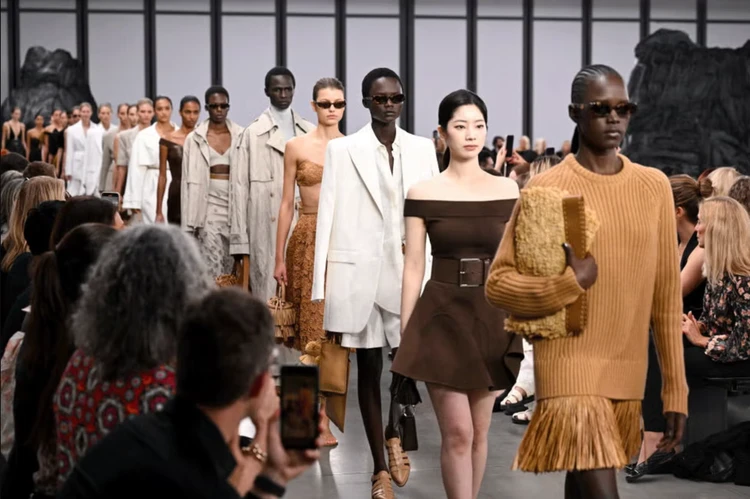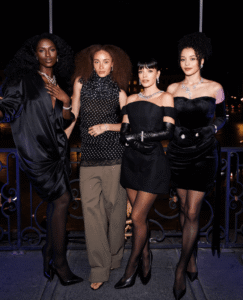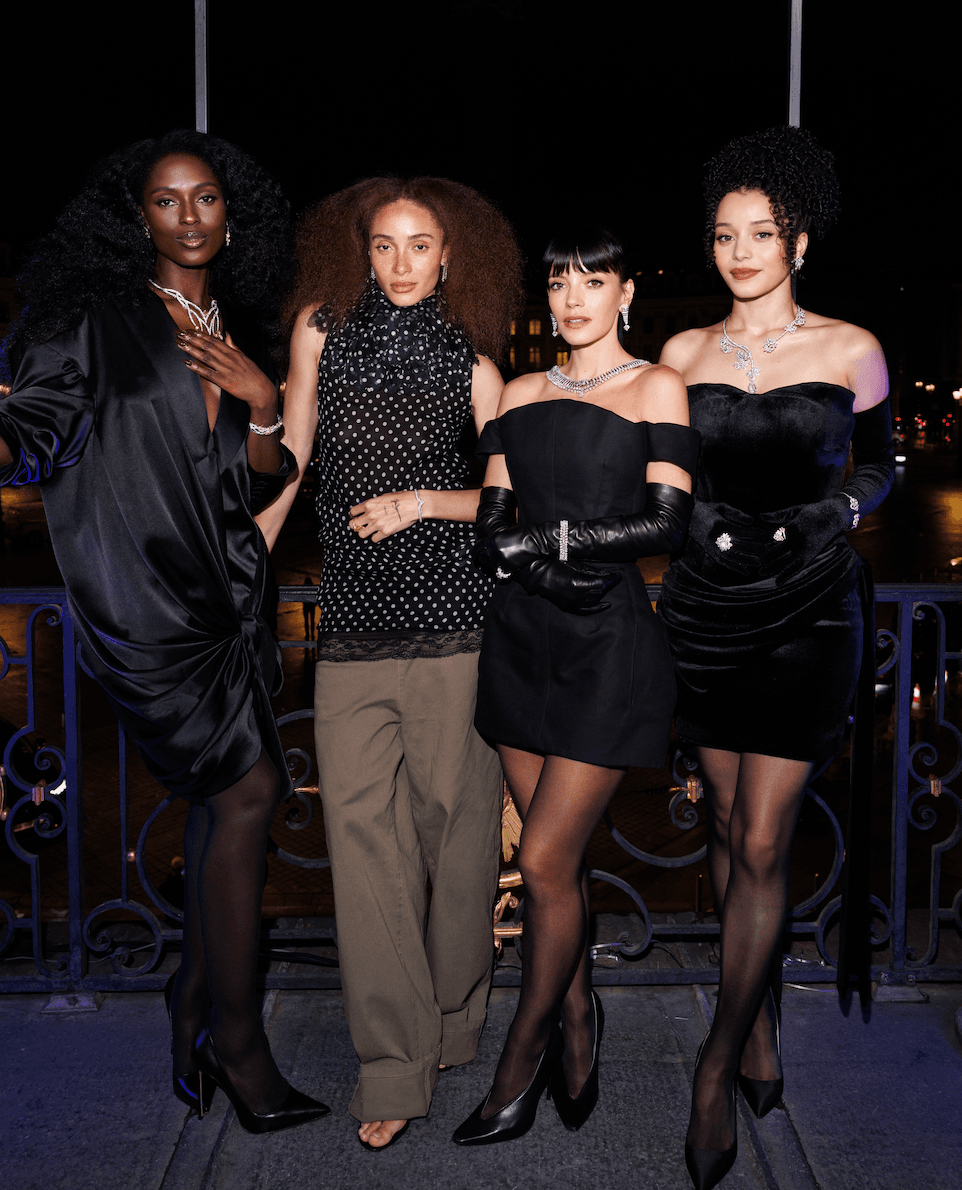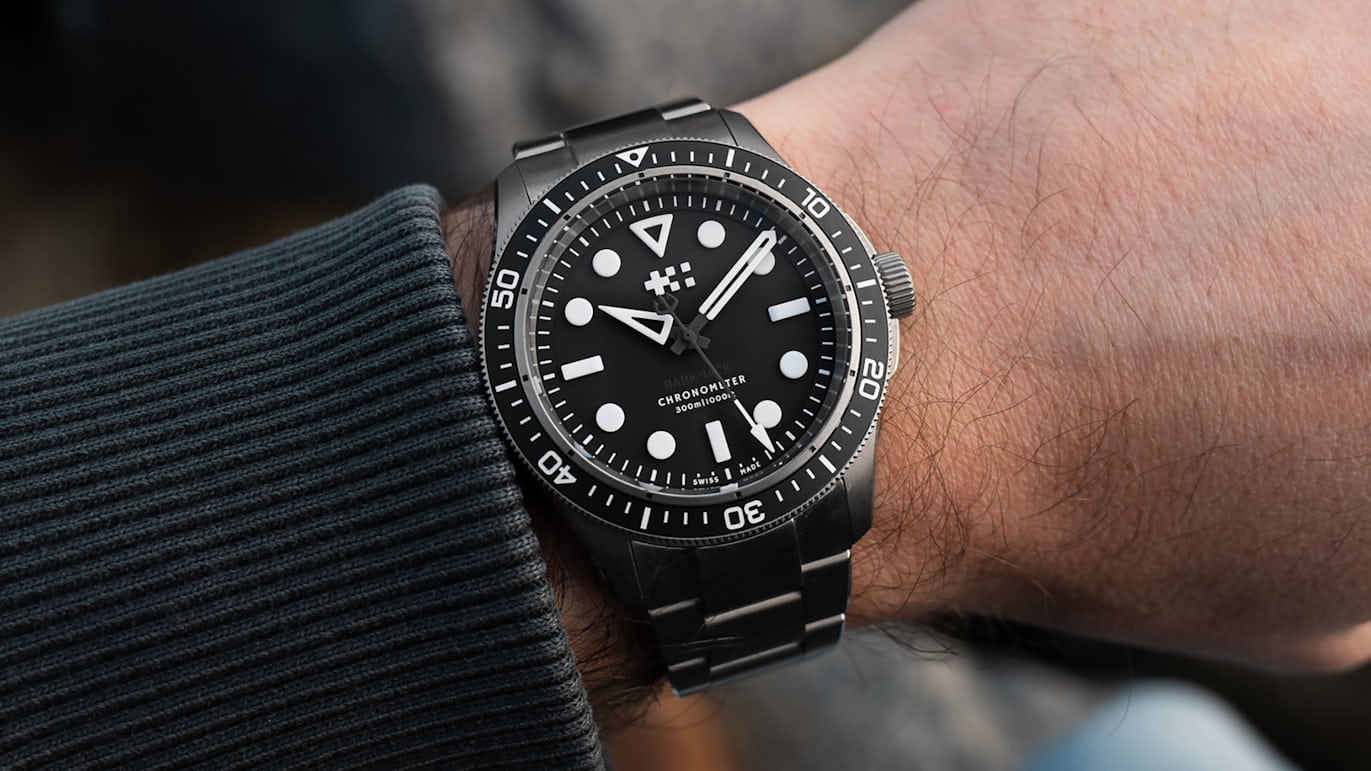The luxury industry is facing notable headwinds as consumer demand weakens globally, particularly in key markets like China. Recent earnings reports and strategic moves by major players highlight the challenges and shifts occurring across the sector.
- Capri Holdings, which owns Versace, Jimmy Choo, and Michael Kors, reported a 16.4% YoY revenue drop in Q2 FY 2025, with Versace suffering a steep 28.2% decline and Michael Kors down 16%. Notably, Jimmy Choo managed 6% growth despite the broader downturn.
- Richemont saw a 1% global sales dip, with an 18% decline in the Asia-Pacific region. However, growth in Japan (25%) and the Americas (12%) offset some losses.
- LVMH and Moncler also reported 3% sales declines, while Kering posted a significant 16% revenue drop YoY.
These results come amid a broader luxury slowdown, exacerbated by weaker Chinese demand, which has traditionally driven much of the sector’s growth.
With sluggish growth and profitability concerns, the industry appears to be entering a consolidation phase:
- Tapestry’s $8.5 billion acquisition of Capri Holdings was blocked by a U.S. federal judge, potentially stalling plans for large-scale consolidation.
- Burberry has been at the center of takeover speculation, with Moncler reportedly considering acquisition opportunities.
- Mulberry rejected a takeover bid from Frasers Group but is facing financial strain, announcing plans to raise capital through new shares after posting significant pre-tax losses.
Luxury brands are reassessing their retail strategies in China, historically a growth powerhouse:
- OTB Group, owner of brands like Maison Margiela and Marni, has reduced its retail presence, closing several stores in prominent Chinese cities and hubs like Hong Kong’s K11 Musea.
- Louis Vuitton, part of LVMH, has opened only one store in mainland China this year, signaling caution despite LVMH’s public commitment to Chinese investments.
Amid global challenges, some companies are pivoting toward more resilient luxury segments:
- LVMH Luxury Ventures acquired a minority stake in Swedish label Our Legacy, indicating a move toward mid-tier luxury brands. This diversification aims to capture the affordable luxury market, which remains relatively robust compared to ultra-high-end categories.
As global economic uncertainty weighs on luxury spending, especially in critical markets like China, brands are pausing aggressive expansions and focusing on strategic investments. The industry’s shift toward consolidation and diversification highlights an adaptive approach to navigating a slowing market.
If these trends persist, the luxury sector may witness more mergers, acquisitions, and repositioning to cater to evolving consumer preferences and economic realities.










